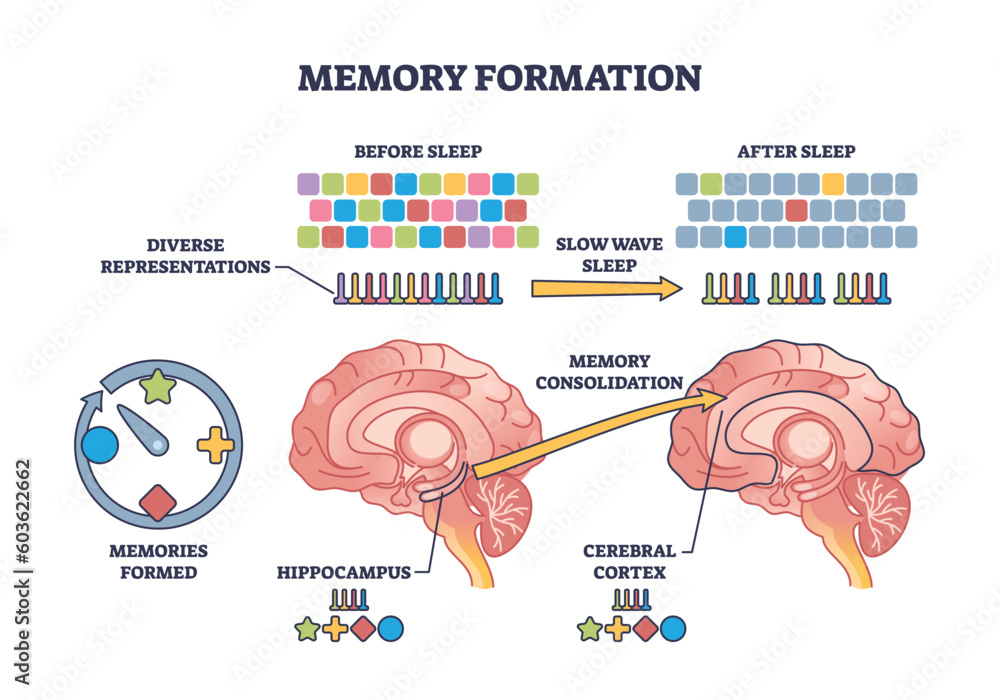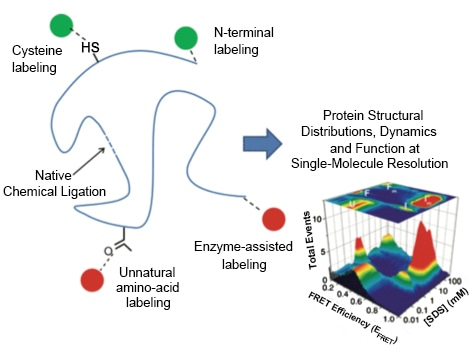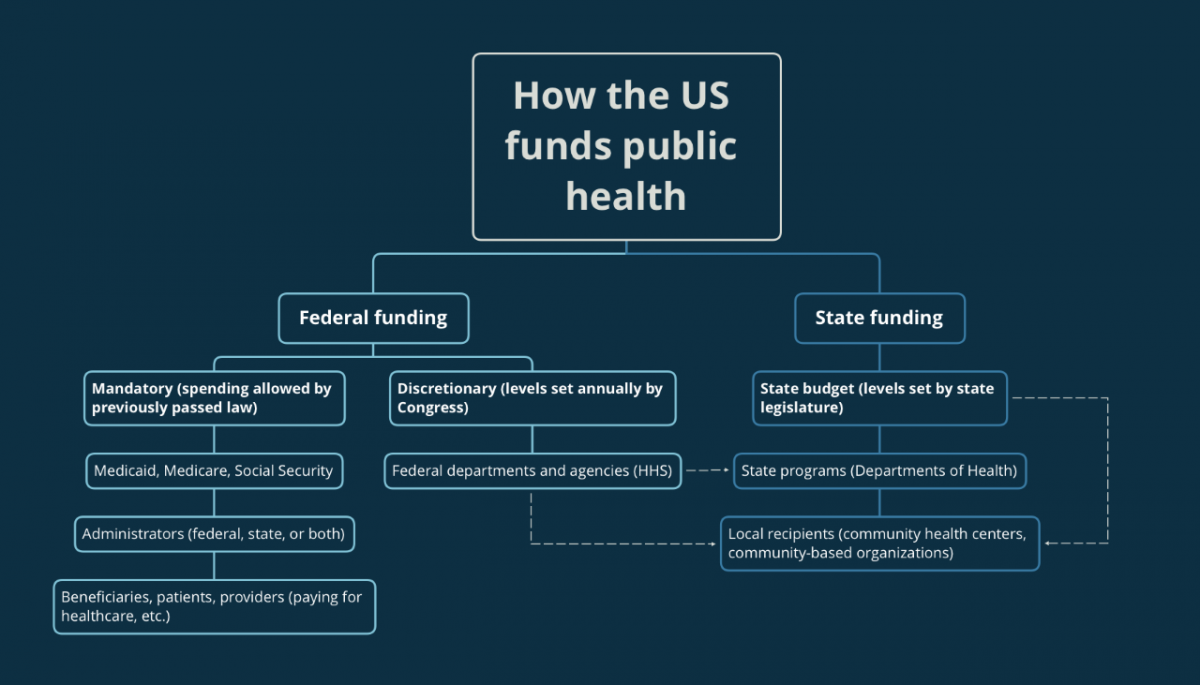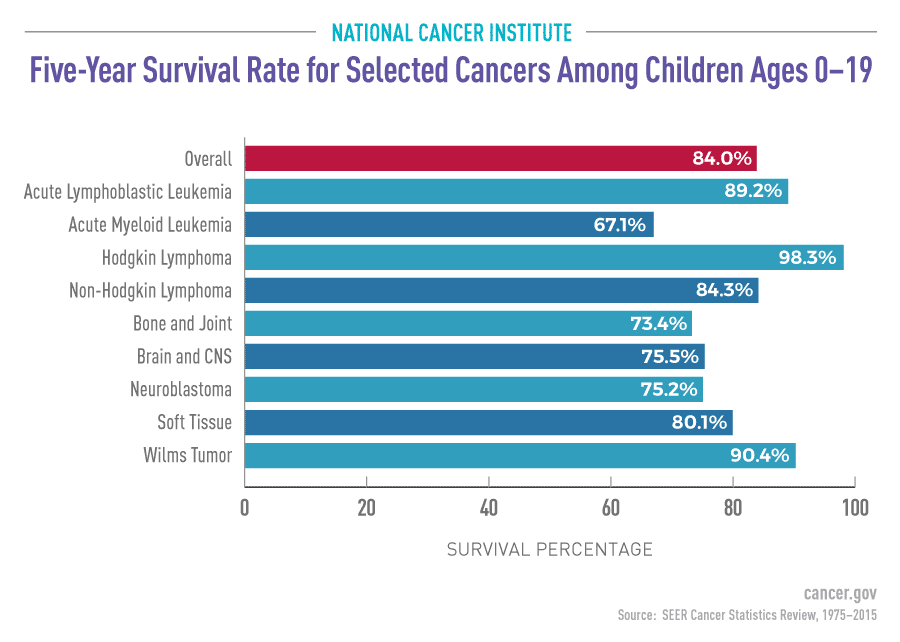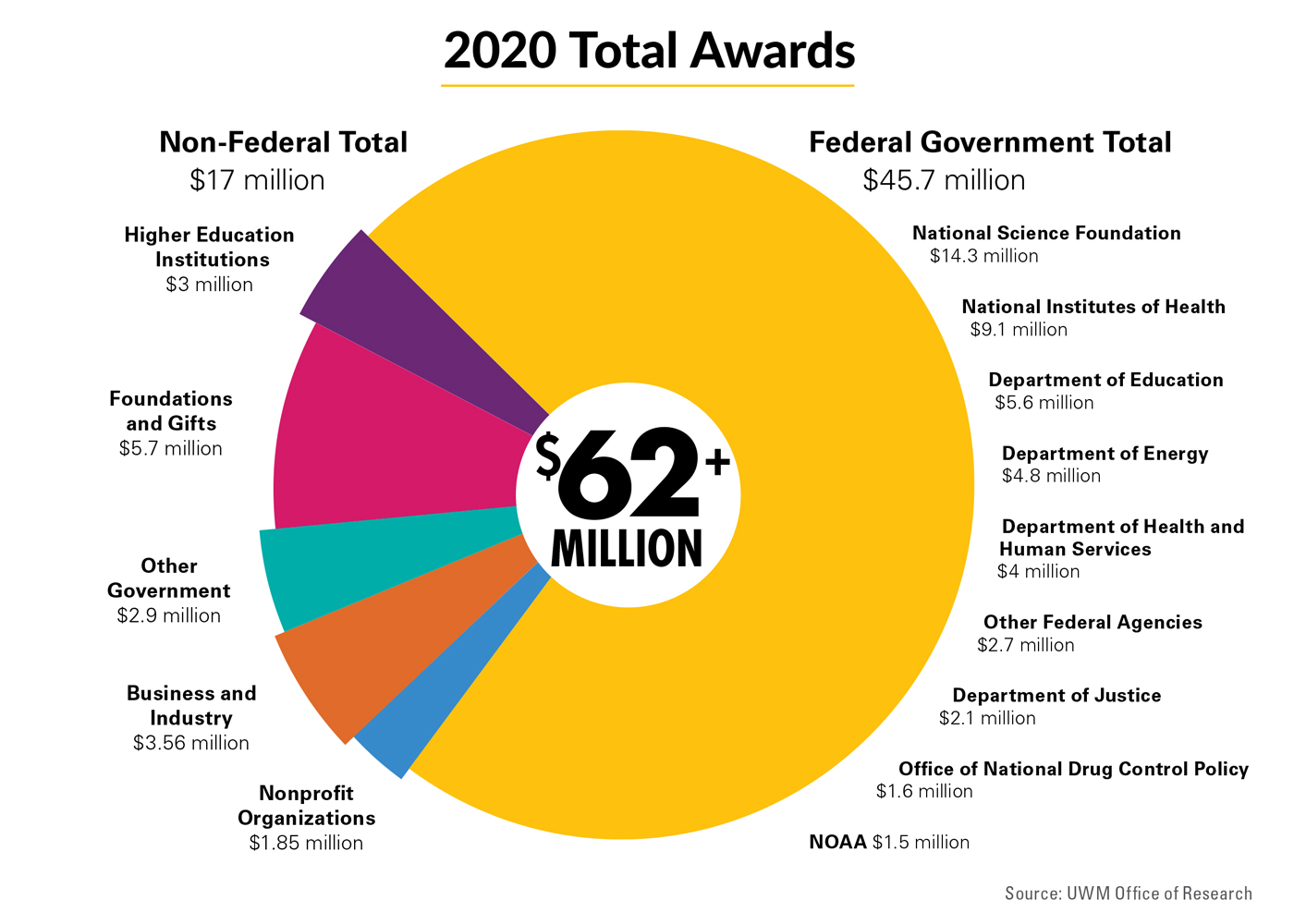Funding cuts in medical research have become a pressing issue, threatening to dismantle the critical safety nets that protect patients involved in clinical studies.The recent federal financial freeze has resulted in a significant disruption, causing potential setbacks in ongoing and future medical research projects.
Health Tracking Memory Formation: New Insights Unveiled
Health Tracking Memory Formation is a revolutionary area of research that delves into how our brains encode experiences into lasting memories.Understanding this complex process is crucial for developing effective treatments for neurological disorders, such as Alzheimer’s disease, where memory loss is a significant symptom.
Ephemeral Protein Surface Labeling Revolutionizes Memory Studies
Ephemeral Protein Surface Labeling is a revolutionary technique that holds the potential to redefine our understanding of how memories are formed and retained in the brain.This innovative approach enables researchers, particularly in the field of neuroscience research, to observe synaptic behaviors with unprecedented clarity.
Alzheimer’s Research: Transforming Understanding of Neurodegeneration
Alzheimer’s research is at the forefront of neurological science, exploring the complexities of this devastating condition that affects millions.Recent advances have illuminated the critical role of microglial cells, the brain’s immune system, in maintaining healthy neural pathways.
Global Well-Being Study Highlights Youth Well-Being Concerns
The recent global well-being study sheds light on the pressing concerns regarding the overall flourishing of youth, revealing that financial security alone does not determine individual happiness or mental health.Conducted as part of a vast initiative, this groundbreaking study assesses human flourishing across various nations, cultures, and socioeconomic statuses, highlighting the intricacies of well-being.
Federal Grants in Public Health: Navigating Challenges
In the realm of public health, federal grants play a pivotal role in driving innovation and research.These funds not only support groundbreaking public health research funding projects but also empower scientists to overcome research funding challenges, such as the increasingly competitive nature of grant applications.
Global Health: Gawande’s Insights on USAID’s Impact
Global health is a pressing concern that impacts millions of lives around the world.Renowned surgeon and author Atul Gawande emphasizes the significant repercussions of U.S.
Pediatric Cancer Recurrence Prediction Using AI Technology
Pediatric cancer recurrence prediction is a critical area of research that could transform how we monitor and treat young patients facing the challenges of brain tumors like gliomas.Recent advancements in artificial intelligence in medicine have ushered in innovative tools capable of analyzing multiple MRI scans over time, significantly enhancing the accuracy of predicting relapse.
Brain Cancer Relapse Detection with AI for Children
Brain cancer relapse detection is a critical area of research aimed at improving outcomes for pediatric cancer patients.A recent study conducted by Harvard researchers has unveiled the potential of artificial intelligence (AI) to predict relapse risks in children with brain tumors, specifically gliomas.
Federal Research Grants: Key to Advancements in Health
Federal research grants play a crucial role in advancing scientific knowledge and improving public health outcomes.These grants, often awarded by the National Institutes of Health (NIH), provide vital funding for health research, enabling scientists to explore innovative solutions to pressing health challenges.

